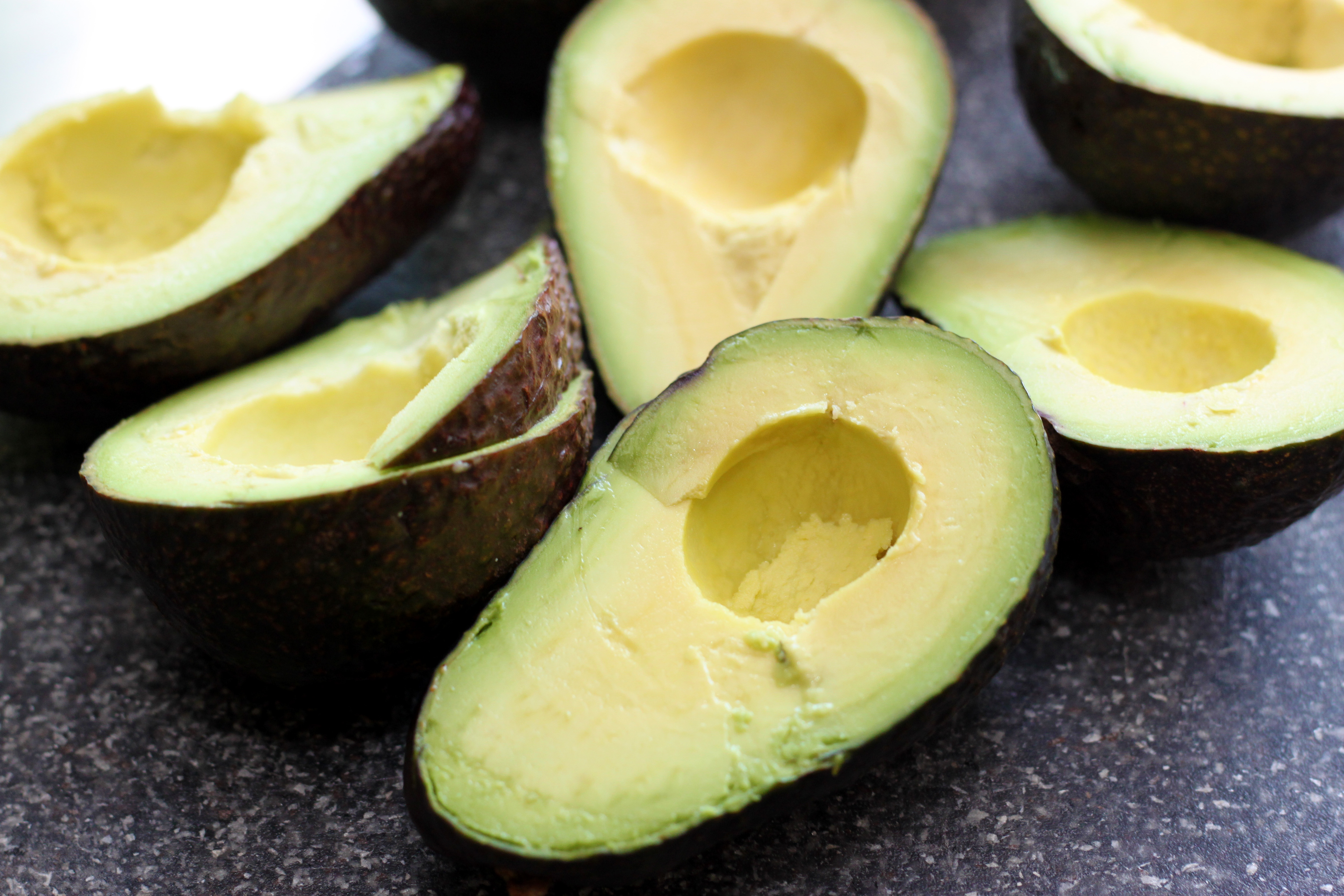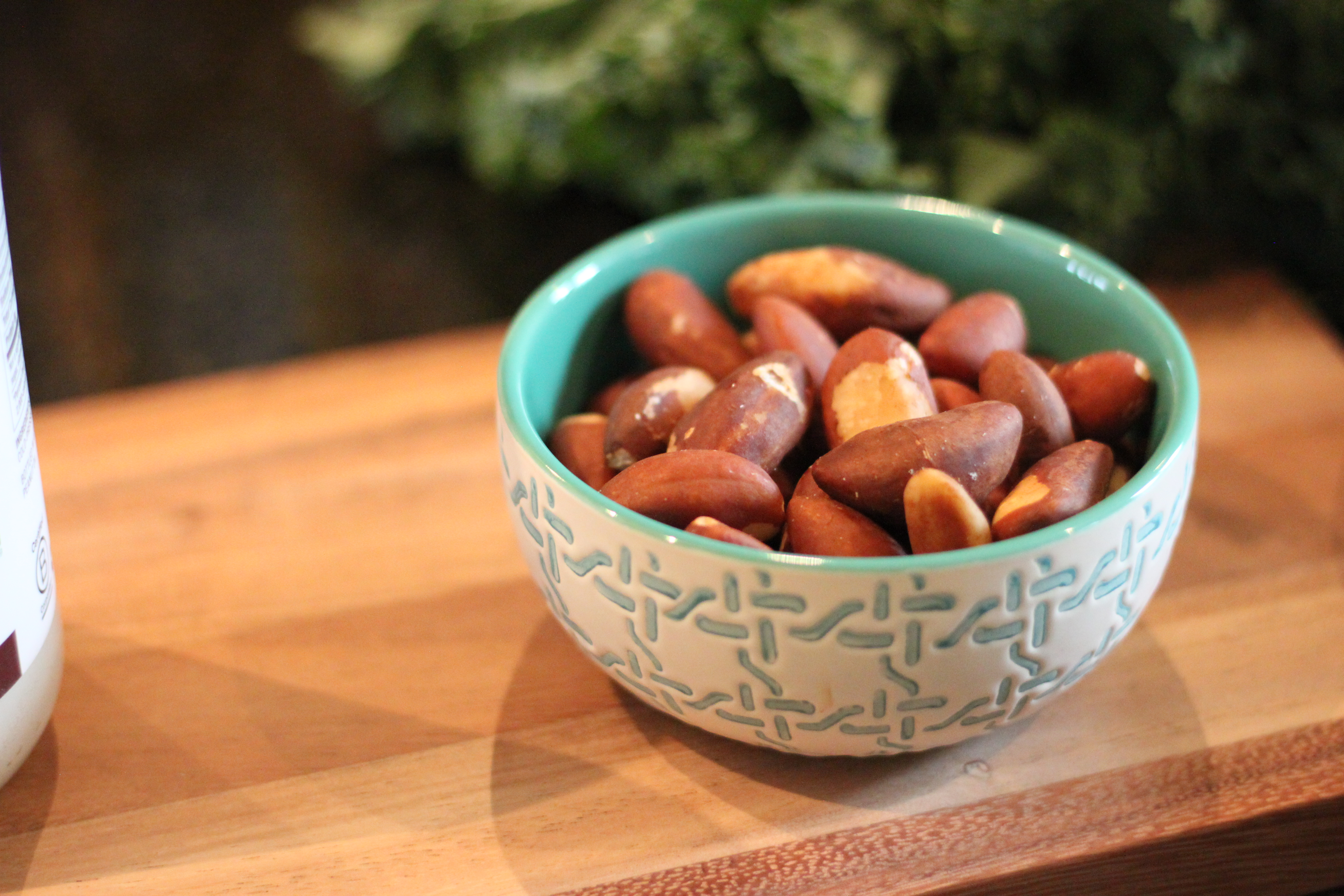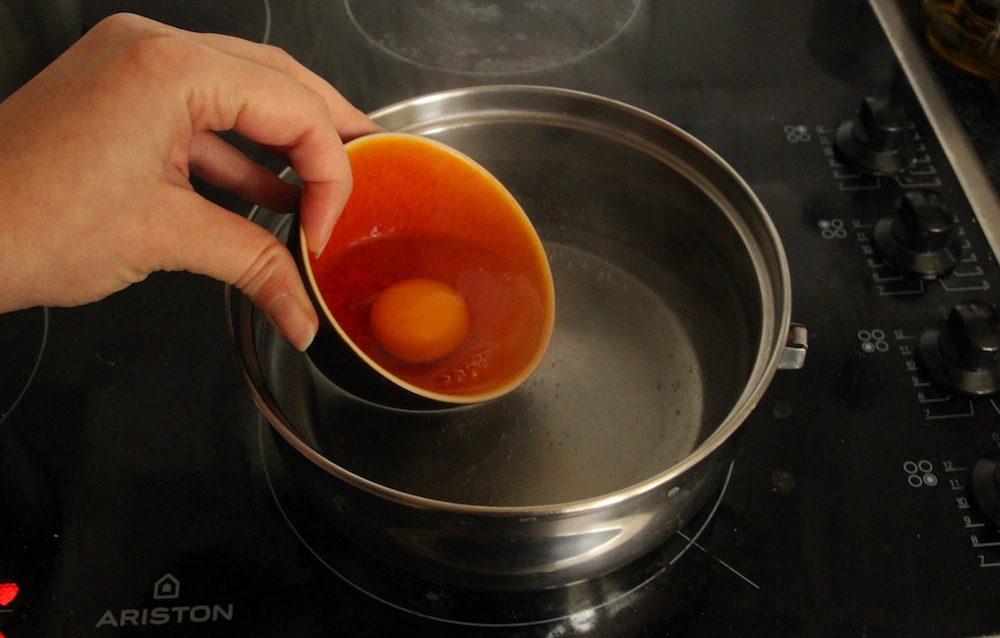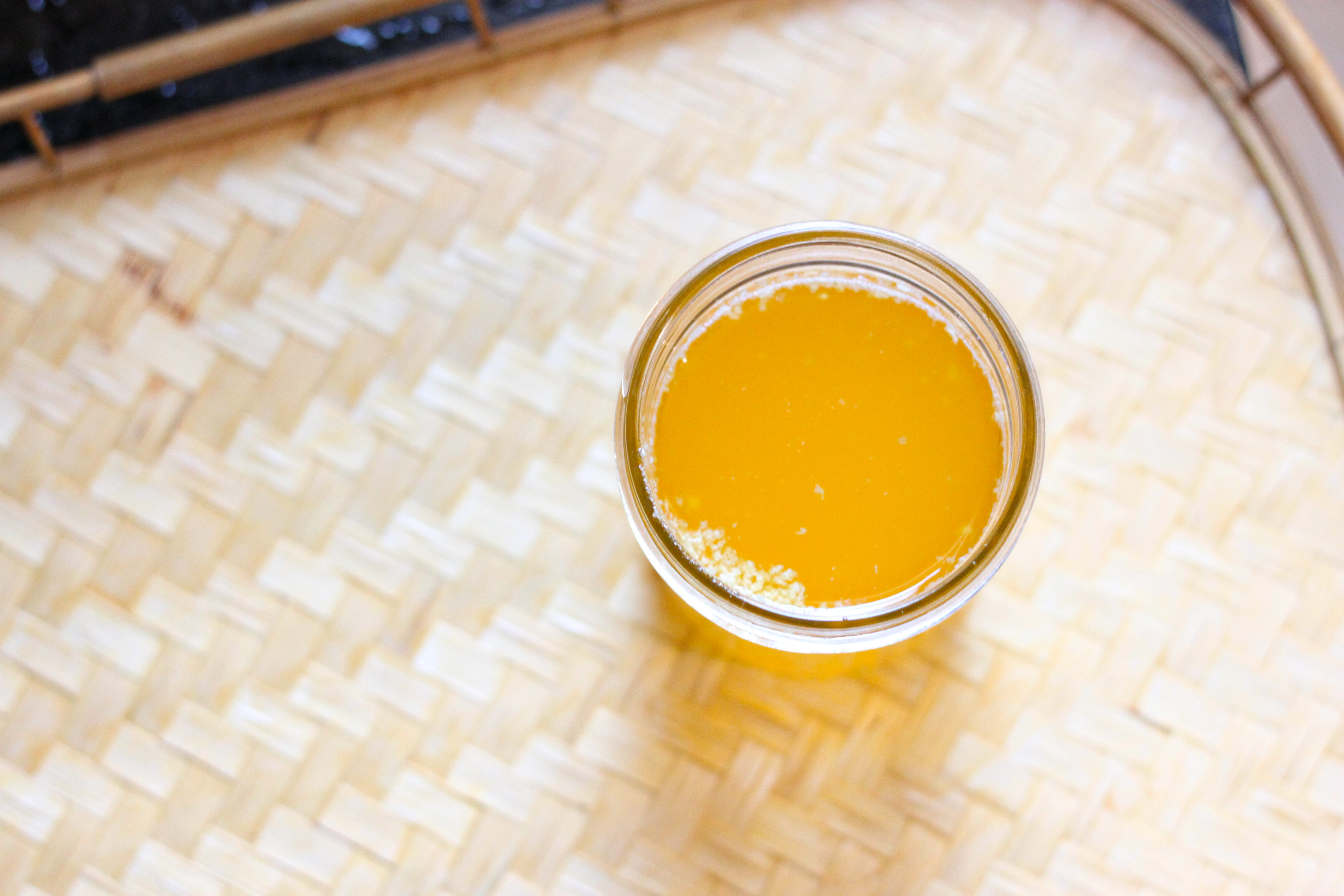 Fats might be one of the most misunderstood subjects on the planet. In a world that fifteen years ago promoted that fat-free, low-carb lifestyle as the ultimate way to stay in tip top shape, it can be confusing now to see fats talked about as not that bad for you and in some cases, even healthy.
Fats might be one of the most misunderstood subjects on the planet. In a world that fifteen years ago promoted that fat-free, low-carb lifestyle as the ultimate way to stay in tip top shape, it can be confusing now to see fats talked about as not that bad for you and in some cases, even healthy.The truth is fat is not bad for you. Well, for the most part. We’re here to help you understand how fats work in your body and to dispel six of the most common myths surrounding fat.
6 Myths About Fats
1. Foods With High Fat Contents Make You…Well, Fat.

First of all, to understand why this isn’t true, you’ll have to understand how fats work.
There are different types of fat based on their chemical composition. Trans fat is a man-made fat that results from chemical processes used to make food last longer. Trans fats are bad for you, point, blank, period and are something you should avoid even in moderation.
Saturated fats, or fats that are solid at room temperature, are found in foods like milk, red meat and butter. Although saturated fats were demonized for many years, studies are now showing that saturated fats aren’t that bad as long as they’re consumed in moderation.
Then there are your “good” fats — monounsaturated fat, Omega-3s, polyunsaturated fat and Omega-6s. These fats are found naturally in lots of foods and are essential to a well-rounded diet.
So, do foods with high fat contents make you fat? It depends on what types of fat are in the foods, but truthfully sugar and bad carbs are a more likely culprit for your weight gain. Focus on avoiding trans fats and enjoy as many healthy sources of fat — avocados, nuts, seeds, olive oil and quality meats — as you’d like and consume saturated fats in small amounts.
2. You Should Avoid Cholesterol

After a study came out more than 50 years ago establishing a link between high cholesterol levels in the blood and heart disease, many people began to fear the word cholesterol, which is just silly based on what we know now.
Cholesterol is important for your diet. It’s the basis for hormone processes, it helps create essential vitamins like Vitamin D and it is a building block for cells among many other uses.
Like fats, there are several different types of cholesterol. LDL cholesterol, or bad “cholesterol”, is the kind that can form blockages in arteries and lead to heart disease and heart attacks. HDL cholesterol, or “good cholesterol” actually absorbs bad cholesterol and delivers it to the organs in your body that dispose of things you don’t need, like your liver.
Ready for a bombshell? For most normal, healthy people, cholesterol you eat has little effect on the amount of cholesterol in your body. In fact, instead, the cholesterol in your blood stream is impacted directly by the amount of good and bad fats you’re eating.
So again — good fats, such as those found in animal organs or eggs — are great for you and will not increase your cholesterol levels despite the anti-egg yolk marketing that has been shoved down our throats for the better part of thirty years.
Enjoy your yolks, folks. They’re delicious, nutrient-dense and packed full of good fats.
3. Fats Cause Heart Attacks
So, in case you haven’t surmised by the first two myths we busted, there is such a thing as bad fats and those fats can contribute to heart attacks and heart disease.
The common thing that people have disagreed on for the past few decades is whether or not saturated fats cause heart disease. Most of what people assume is based off a study released over 60 years ago that found a direct correlation between the amount of saturated fats people consumed and their risk for heart disease. Some studies have argued that the correlation is simply that — a correlation and not causation — and that there is no link between saturated fats and heart disease. Other studies have indicated that saturated fats cause heart disease, but cutting them out may not reduce your risk, because the refined carbs that people tend to replace them with when they eliminate them from their diet also cause heart issues.
So what’s the answer? The truth is you can find reputable sources to argue either side. Our best advice is to eat saturated fats if you have to, but focus mainly on incorporating good, healthy fats into your diet to optimize your heart and all over health.
4. You Don’t Need Fats in Your Diet
This is not true! Healthy fats are GREAT for your diet. They give you energy, they play important roles in your body’s structures, they make your skin and hair healthy, they keep you warm, and the list goes on and on.
Unless your doctor has asked you to follow a low fat diet plan for medical reasons, there is no reason you shouldn’t be actively working to incorporate good fats into your diet. You can use a fitness app or consult with a physician or trainer to decide how much good fat you should be eating to meet your goals.
5. Vegetable Oils Are Better For You

Go grab your canola oil and throw it in the trash. Seriously. And throw your margarine out too while you’re at it.
Vegetable oils have long been marketed as healthy, and they just aren’t. They are formed through serious chemical processes and didn’t even exist until the early 1900s. Although they are high in some healthy fats, they also throw off your Omega-3 and Omega-6 balance.
Other healthier options for cooking fats include coconut oil, avocado oil and olive oil, all of which can be separated naturally as well as ghee and animal fats.
Many programs like Whole30 have taken the stance of avoiding vegetable oils whenever possible and Dr. Loren Cordain, the brain behind the Paleo Diet, doesn’t support the use of vegetable oils at all.
6. You Should Choose Low Fat Options When They’re Available
Repeat after me: I will not buy anything labeled as low-fat. When an item as marketed as low-fat, it essentially means that yes, the fats have been taken out, but we’ve replaced them with sugar and other chemicals to maintain the taste.
One great example of this is the debate between skim milk verses whole milk. Newer studies have shown that there is no correlation between health problems and drinking or eating full-fat dairy products. In fact, the studies suggest that the full-fat dairy products help you to feel full faster, meaning that you’ll consume less.
The bottom line is that fats are a healthy and essential part of your diet. When it comes to healthy sources of fat like certain vegetables, nuts and natural oils, don’t be scared to incorporate them into your diet.
Like carbohydrates, the TYPE of fat you’re putting into your body is significant when it comes to its effects, meaning that trans fats like the kinds found in fried foods, french fries and sweets cooked in hydrogenated oil are bad for you, period whereas other fats, like the kind found in organic red meat are healthy in moderation.
Our best recommendation is to focus on eating real and whole food whenever possible and skipping the chemically processed, low-fat, hydrogenated crap.
References
